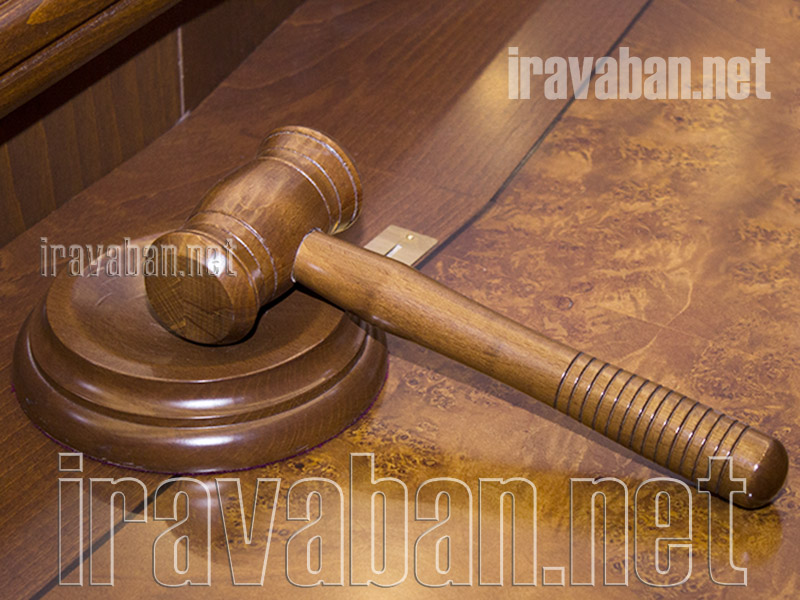According to rule 1 of the Judges’ Conduct Code adopted on 23 April, 2010, every judge should have high criteria of conduct, thus providing the trust of the society toward the judicial system. The judge is the person who is vested with the exceptional right of making justice by the Constitution, and every judge represents the justice of the country, so the attitude of the society toward justice depends directly on his conduct. This is the reason the RA legislation defines that only people who have high professional, practical, and moral values can become judges. This demand also stems from the norms of international documents about the status of the judge, especially from those of the European Charter (1998), according to which every person’s expectations from judges and judicial organs are freedom, unbiased approach, and availability.
According to Article 124 of the RA Criminal Code a person appointed to a judicial position receives his post taking the oath in a session of the Justice Council in the presence of the President of the Republic. The judge should not only maintain the demands of the Constitution and laws, but also ethical and moral norms. The judge is prohibited to publicly offend the law or the Constitution. All the actions that can somehow damage the status of the Court and the country are equally prohibited.
The judge is obliged to avoid anything that can damage the status of the Court and the high mission of the judge, or cause a suspicion about the impartiality and fairness of the judge both in responsibilities in the Court and relationships outside work.















